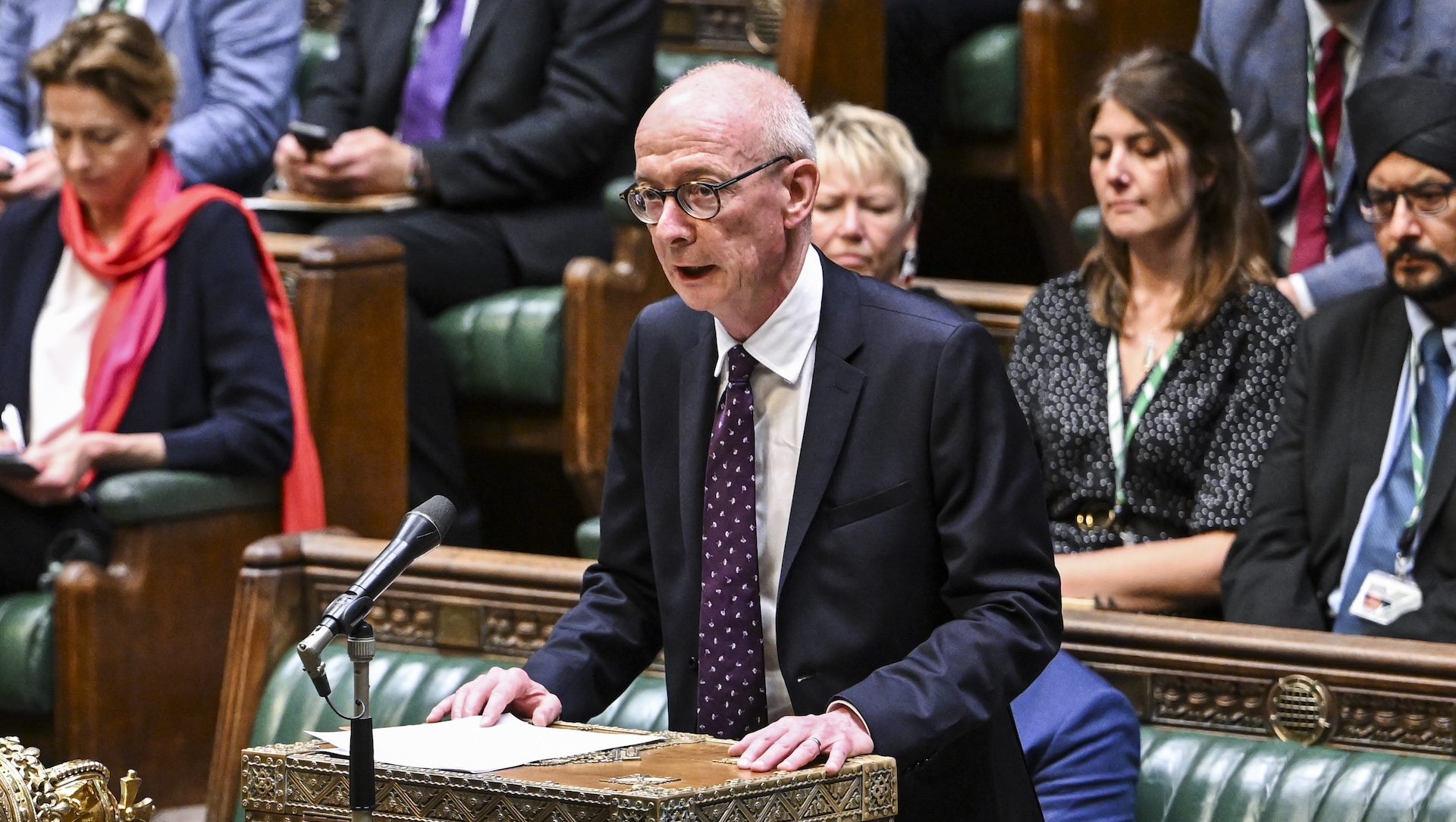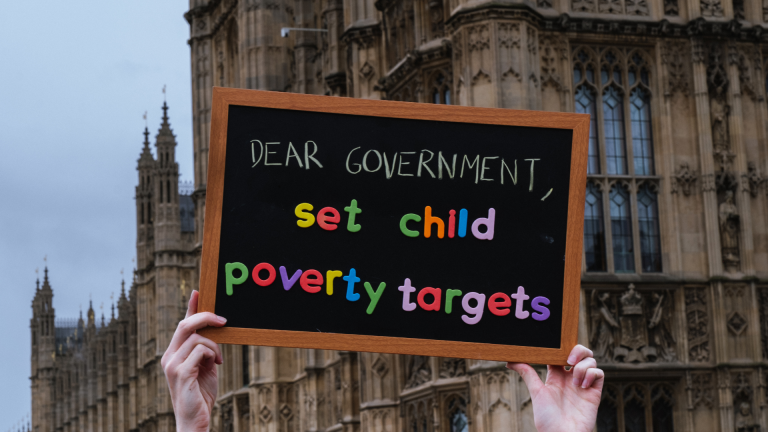People told us how assessors misrepresented what was said in meetings, how minor mistakes triggered sanctions, how the threat of losing support kept them awake at night. One man said claiming universal credit “set my recovery back years.”
Take Alex, a creative director from Bristol who’d worked all his life. When redundancy pushed him onto universal credit, he expected a system designed to help him bounce back. Instead, it broke his confidence.
“They sent me on CV workshops and made me feel like I’d never worked a day in my life,” Alex, whose name has been changed, said. “Every appointment chipped away at me. I went in confident and came out smaller each time.”
Alex’s work coach, like many others, was trapped by rigid rules and unrealistic targets. The focus wasn’t on building confidence or finding suitable work but on ticking boxes. Over time, that drip-feed of distrust eroded his self-worth.
“You start to believe you’re the problem,” he said. “It’s like the system wants you to fail.”
The hidden cost of stigma
Our new report, From Stigma to Support, shows that stigma isn’t simply a moral issue, it is hugely expensive. The government has set out ambitions to reform our social security system to enable it to better support more people to move into and progress in work.
Advertising helps fund Big Issue’s mission to end poverty
However, stigma towards claimants and distrust of the DWP is making it impossible for the system to operate effectively or efficiently. Effectively assessing the support someone needs to navigate life with a disability, or a health condition, depends on developing a thorough understanding of their unique circumstances, goals and barriers.
But right now, the lack of trust in assessors and – sometimes well-founded – fear that their support might be taken away, makes such open and trusting conversations impossible.
In order to help people to return to employment after a setback or progress in work, work coaches need to build people’s confidence, self-esteem and work with them to explore future goals. But this is impossible when we have such a shortage of work coaches, the constant threat of sanctions and a punitive environment focused on compliance rather than trust.
The government’s own figures show that helping one person with a long-term health condition into full-time work can generate around £28,000 a year in societal savings. Yet we persist with a system that makes that goal harder to reach. The Treasury is paying more to maintain a low-trust system than it would to invest in one that builds confidence and provides security.
While not without its problems, there is also a lot to learn from Social Security Scotland, which has put the values of ‘dignity, fairness and respect’ at the heart of delivery and is using a trauma-informed approach across all services.
Here is how to fix the broken trust in the DWP
We’re calling for three practical and relatively low-cost changes that are critical for a functioning social security system and effective employment support.
Advertising helps fund Big Issue’s mission to end poverty
The first is to simplify and humanise PIP assessments. Being forced to keep proving how unwell you are is stressful, confusing and often humiliating. Following Scotland’s example, the DWP should simplify application forms, reduce unnecessary assessments and train assessors in what disability and illness really look like on a day-to-day basis.
The second is for an investment in frontline DWP staff to rebuild trust. Work coach and assessor language and actions can either help overcome shame, build confidence and enable people to succeed – or further reinforce stigma, leading to worsening mental health, reduced confidence and disempowerment. DWP staff urgently need the time, capacity and trauma-informed training to build trust and provide tailored support.
And thirdly, we need an end to surveillance and punishment. The DWP should establish a three-month period of claimant-led, voluntary engagement to nurture people’s confidence, ambitions and hope for the future. Only after that period should tighter conditionality be considered.
Further cuts to an already inadequate system, or combining increased employment support with threats of sanctions, ignores the lessons of the last 15 years. By justifying cuts to eligibility and adequacy by speaking of ‘spiralling inactivity’ and ‘fairness to taxpayers’, the government risks further entrenching the stigma, distrust and fear that has broken our system.
A safety net that we can all trust to support us when we, or our economy, face tough times is critical to a functioning society. By centring its reforms around building trust and treating people with dignity and respect, the government has an opportunity to build a system we can all be proud of.
Do you have a story to tell or opinions to share about this? Get in touch and tell us more.
Advertising helps fund Big Issue’s mission to end poverty
Reader-funded since 1991 – Big Issue brings you trustworthy journalism that drives real change.
Every day, our journalists dig deeper, speaking up for those society overlooks.
Could you help us keep doing this vital work? Support our journalism from £5 a month.





